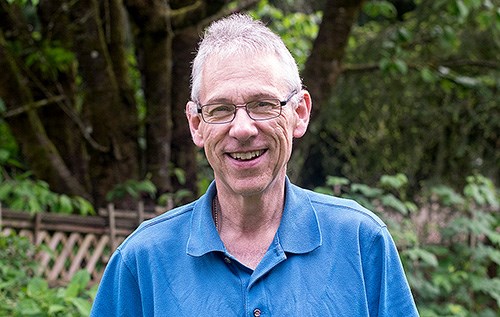I was very saddened to hear of the shooting of a mother bear and two cubs earlier this month in Port Moody. So early in the year and already we have had to kill almost half the number of bears in the Tri-Cities that were killed in all of 2015. Not a good start.
A work colleague was telling me of four bears on his street on Westwood Plateau having a field day with the bins on his garbage day. He asked me what could be done. After giving it some thought, I said in order to severely the reduce the chance of any more bears being shot this year, there are three levels of responsibility that need to be in place: local government must enforce bylaws involving waste set-out times, improve city or contracted garbage pick-up timing in sensitive bear areas and good management by residents of their waste by keeping it secure.
And three things need to be done on a regular and consistent basis year in and year out to minimize the chance of encounters:
First, each of the cities must regularly spot check areas to ensure residents are complying with set-out times established in their bylaws: 5:30 to 7:30 a.m. on pick-up day. Warnings and fines need to be issued as required to manage this part of the equation. The longer the waste is left unsecured on the street, the greater the chance a bear will have to access it.
Second, in areas near green space and forest interface areas where there is a greater likelihood of bears being present, trash collection should start as early as possible and the green waste should be the first bin that is picked up. If the waste sorting by the residents is being done according to the best practices local governments have repeatedly publicized, there should be very little of interest to attract a bear to the recycling and garbage. All the items a bear would like to eat would be in the green bin and, if this is removed early, temptation is gone and there is no chance of a reward for the bear.
The third part of this plan lies squarely in the hands of Tri-City residents. Everyone needs to ensure they are managing their waste, sorting as required and having it secured in a shed or a garage where possible with the bin locks in place for those areas of the Tri-Cities that have them. In addition, where space permits, decaying food items like meat and vegetables that have the potential to give off odour should be placed in the freezer until the morning of pick-up and then placed in the green bin.
None of this information is new nor should come as a surprise to anybody. But if we want to avoid any more unnecessary killing of bears, these things must be in place every day of every week all year long. Doing so on a consistent basis will minimize bears getting into trouble with household waste.
If the residents, cities and garbage haulers each do their part, the window of opportunity for a bear to access our household waste will be severely curtailed.
As long as we continue to develop massive areas of forested land and green space, we can expect to see more bears displaced from their home territory and looking for new food sources. Don’t let the new food be our household waste.
Let’s all work together for the good of bears and humans.
Philip Warburton is a longtime northside Port Coquitlam resident.



